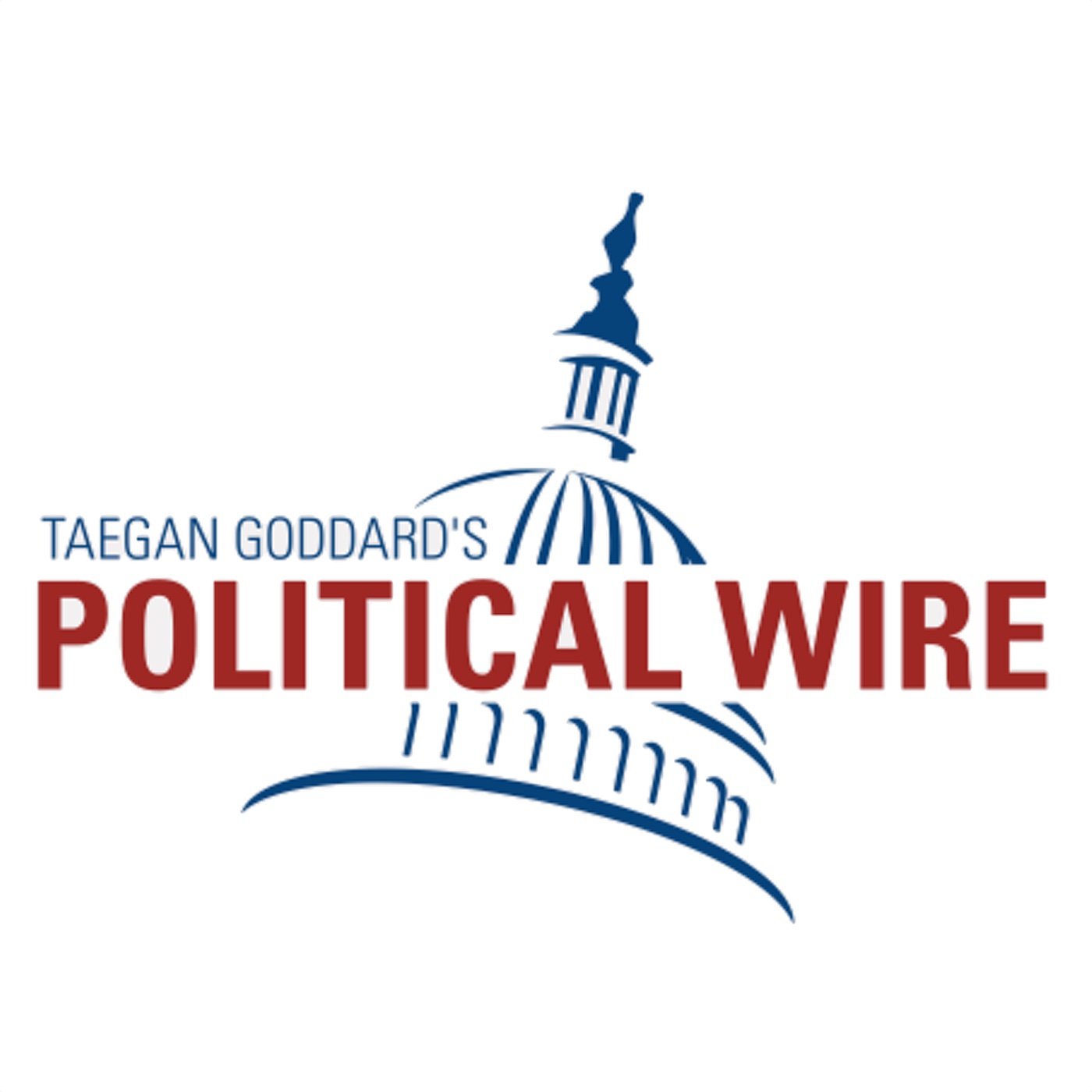JudasMyGuide
The incorrigible papist
I guess the good news for Harris is that the polls are juicing Trump’s support so hard that it’s difficult to imagine them overestimating him again (which seems to be the intention). I worry about Trump’s activity in non-traditional media and the “manosphere” because that is an area where I could conceivably see him driving turnout among people who don’t vote or aren’t expected to vote. But generally it’s hard to see another Trump polling miss.
One thing that's going to be diferent and I don't know how polls will be able to guess it - all things considered, the Catholic vote (small and potentially insignificant as it is) is going to be different from last time, IMHO. While I see the same disillusionment I would personally feel and there are more people openly saying they'll either support a third party candidate or won't vote at all (despite it being more or less our religious duty if an acceptable option is available), still despite his abortion-friendliness (which technically might have made him excommunicated laete sententiae, but whatever), Biden was still a Catholic and closer to the moderate side; I have seen not an insignificant amount of people saying they're definitely voting for Trump this time around, in the circles I move in.



